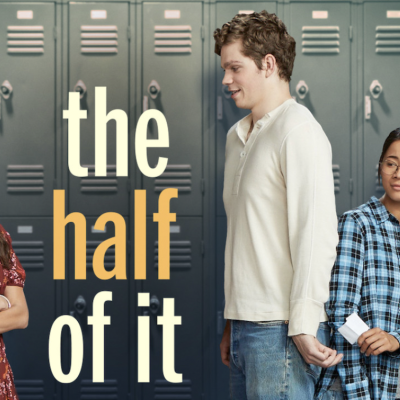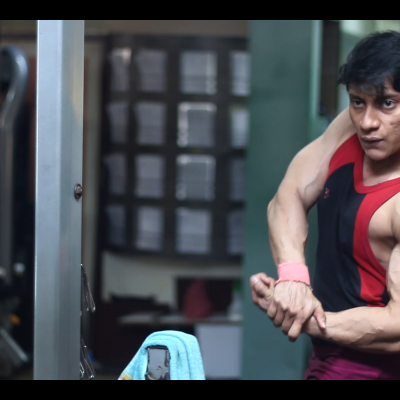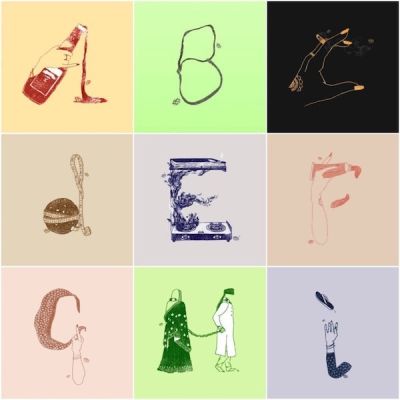Gender Norms
Such open spaces to play sports are mainly occupied by men, while women are mostly excluded on account of various gender norms. This also applies to many underprivileged girls coming from the margins of caste and class who lack access to safe and inclusive open public spaces to play, such as public parks or maidans.
I discovered that tennis is not only about having the privilege to buy a racquet and specialised tennis shoes and access a tennis court. It is also about how one performs and expresses oneself, requiring players to follow a particular aesthetic that enforces gender binaries.
The Half of It is beautiful because it brings out the insecurities of teenagers who want to fit in with the world around them and are confused about their feelings which might be the diametrical opposite of what is socially expected.
The film begins with the mother’s dilemma around her daughter’s refusal to be ‘normal’ and marry a ‘decent boy’. As the story unfolds, we see the mother invite a ‘suitable boy’ for dinner on the same evening as the daughter’s partner is coming home to meet the family.
Social norms don’t expect women to look muscular, but if men are muscular, it is considered sexy. Just by choosing to pursue a largely male-dominated sport that glorifies what is accepted as “masculine”, Karuna and Sibalika are pushing the boundaries of these labels.
The potential for art to connect people and to challenge thinking is continuously widening. Aarushi Jain, a 21-year-old artist from India, perfectly captures the societal expectations placed on women in her representation of the English alphabet.








